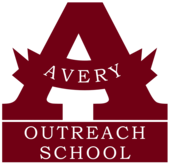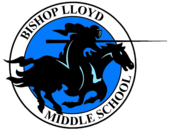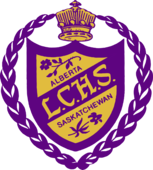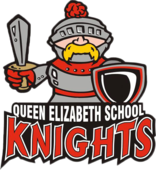Policy 18
CHANNELS OF COMMUNICATION
The Board of Education believes that open communication between itself and the Division
stakeholder is fundamental to the education of students and the successful operation of the
Division. The Board believes that engaging stakeholders in dialogue about issues and decisions
which affect them will build trust, understanding and commitment to the Board’s goals.
The Board believes it is the right of stakeholders to make inquiries into the operations of the
Division. Issues of confidentiality may determine the type of information that may be released or
discussed in response to an inquiry.
The Board recognizes that from time to time, concerns regarding the operations of the Division
will arise. The Board believes that constructive criticism can assist in improving the quality of
the programs, and in meeting individual student needs more effectively. An effective
communications plan is critical to developing credibility with its staff and the community it
serves. The Board must provide reliable and credible information and establish means to invite
and receive appropriate information. The Board of Education believes that the Division must be
perceived as open and accessible to its stakeholders and employees.
1. The Director of Education shall serve as the spokesperson and primary contact for
communications with the Division.
2. All official Board communications, policies and directives of interest to staff shall be
communicated to staff members through the Director of Education.
3. All formal communications or reports to the Board from division staff members shall be
submitted through the Director.
4. The Director and Board Representatives shall meet at least once annually with the Chairs
of the School Community Councils.
5. The Director and Board may be invited to attend School Community Council meetings.
6. The Director and Board should communicate with School Councils through their School
Community Council Chairs and Principals.
7. Staff members wishing to inform the Board about activities and events in the school or
request information from the Board shall normally do so through the Principal and/or
Director.
8. Trustees and stakeholders shall represent the established channels of communication
associated with the work of the Board.
9. Information about appropriate channels of communication shall be included in Parent and
Student Handbooks.
10. Requests and concerns shall be addressed through the following channels:
View Conflict Resolution Flow Chart
11. Parent and public inquiries should first be directed to the Board employee(s) most
directly involved in the operations in question. If the parent or member of the public is
not satisfied with the response at that level he/she should be encouraged to follow the
lines of authority through the direct supervisor and, if required, to the Director and then
to the Board.
12. Trustees or administrators receiving complaints from stakeholders shall respect
the appropriate lines of communication to the greatest extent possible. When dealing with
complaints, the following process shall be followed:
12.1. Encourage the complainant to first discuss the complaint directly with the
person against whom the complaint is made.
12.2. Inform the complainant of the appropriate channels of communication if
the matter remains unresolved.
12.3. If the matter remains unresolved, the next contact shall be with the
respondent’s Principal or other supervisor, and then, if necessary the Director.
12.4. Failing resolution by the Director the complainant shall be advised of the
Director’s decision and an appeal is available to the Board of Education.
12.5. Upon completion of the review by the Board, the complainant shall be
informed of the final resolution.
Legal Reference: Section 85 Education Act
Adopted: September 2007
Reviewed: April 10, 2013
May 22, 2019
Last Amended: December 2022
Last Updated: February 2023





























